-93%
Day-to-Day Clinical Practice in Primary Care
Introduction
The healthcare landscape has undergone a paradigm shift with the advent of the COVID-19 pandemic, necessitating a fundamental reassessment of primary care practice. This article delves into the complexities of primary care in a transformed healthcare environment, emphasizing the importance of preventive medicine, chronic disease management, and equitable patient care.
Preventive Medicine: A Cornerstone of Primary Care
Despite the challenges posed by the pandemic, primary care clinicians continue to prioritize preventive medicine, recognizing its vital role in safeguarding patient health. This includes implementing new guidelines for cancer prevention and screening, immunization, and the prevention of cardiovascular disease. By focusing on early detection and intervention, primary care providers can proactively reduce the risk of future health issues.
Chronic Disease Management: A Balancing Act
Chronic diseases, such as hypertension, diabetes, and arthritis, represent a significant challenge in primary care. Clinicians must balance the need for effective management with the complexities of patient needs and adherence. This requires a holistic approach that addresses not only medical interventions but also lifestyle modifications and patient education.
Women’s Health: A Focus on Holistic Care
Primary care clinicians play a crucial role in the comprehensive care of women. This includes contraception counseling, management of menstrual irregularities, and screening for breast and endometrial cancer. By addressing both physical and emotional aspects of women’s health, clinicians can empower their patients to make informed decisions about their well-being.
Geriatrics: Addressing the Needs of an Aging Population
As the population ages, primary care providers are increasingly faced with the unique health challenges of geriatric patients. This includes managing comorbidities, preventing falls and cognitive decline, and providing psychosocial support. By understanding the special needs of this demographic, clinicians can optimize the quality of life for older adults.
Behavioral Medicine: Bridging the Mind-Body Gap
Behavioral medicine has emerged as an essential component of primary care. Clinicians are now recognizing the profound impact of mental health on physical well-being. By incorporating behavioral interventions into their practice, they can address issues such as stress, anxiety, and depression, which can exacerbate chronic conditions and hinder treatment adherence.
Optimal Use of Diagnostic Tests: Evidence-Based Decision-Making
The judicious use of diagnostic tests is paramount in primary care. Clinicians must carefully weigh the benefits of testing against the potential risks and costs. By utilizing evidence-based guidelines, they can ensure that tests are appropriate, informative, and cost-effective.
New Medications: A Revolution in Patient Care
The development of new medications has transformed the treatment landscape for various conditions. Primary care clinicians must stay abreast of these advancements to determine which medications are most suitable for their patients. This requires ongoing research, education, and collaboration with specialists.
Health Disparities: A Challenge and an Opportunity
Health disparities continue to plague our healthcare system, with vulnerable populations facing disproportionate health burdens. Primary care clinicians have a central role in addressing these disparities by providing equitable, patient-centered care. This includes cultural sensitivity, language accessibility, and addressing social determinants of health.
Collaboration: The Power of Interdisciplinary Care
No primary care clinician works in isolation. Effective patient care necessitates collaboration with other specialists, inpatient colleagues, and a diverse team of health professionals. By pooling their expertise, clinicians can provide comprehensive, coordinated care that meets the unique needs of their patients.

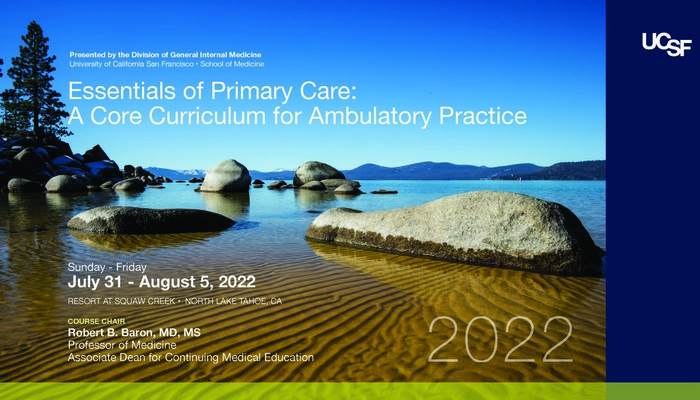

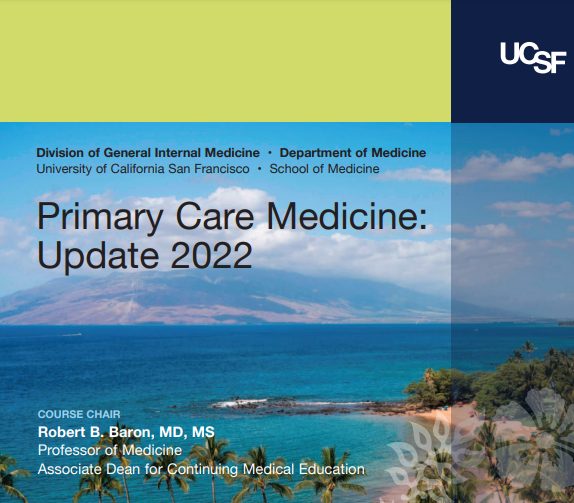

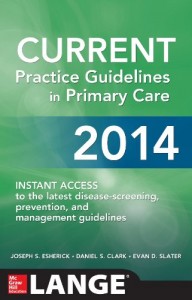
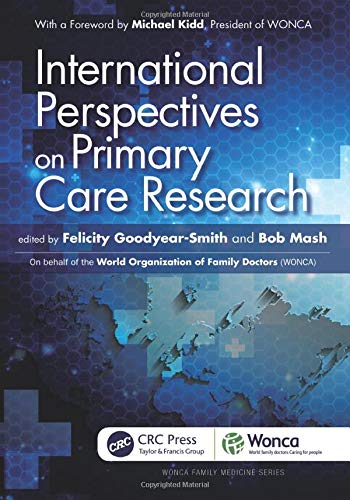


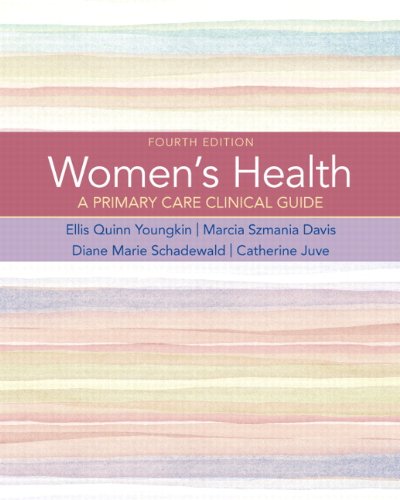
Reviews
Clear filtersThere are no reviews yet.